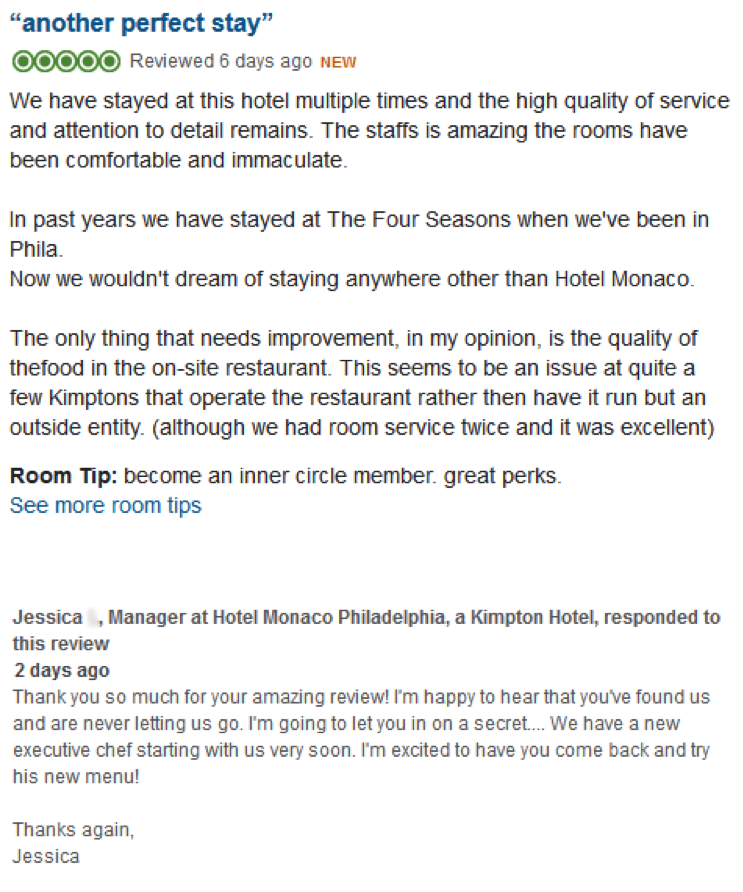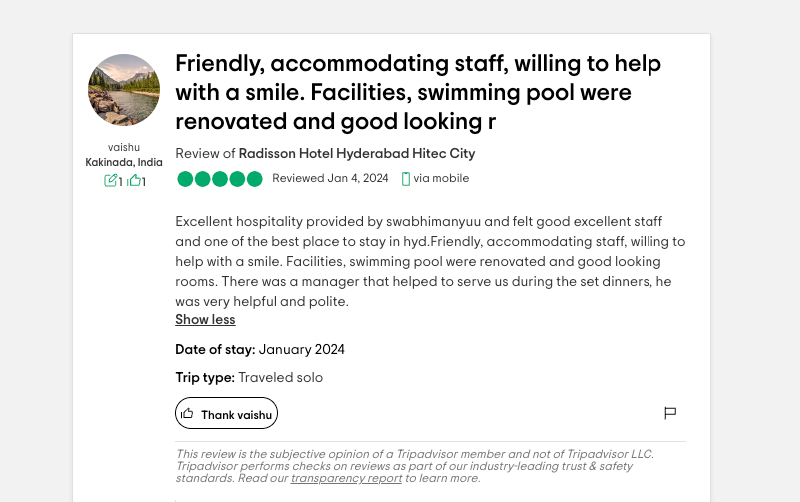Hotel Stay Feedback: How Guest Reviews Shape the Hospitality Industry
In the world of hospitality, guest feedback is everything. Whether you’re a frequent traveler or a hotel owner, hotel stay feedback plays a crucial role in improving service quality, attracting new customers, and ensuring repeat business. By collecting, analyzing, and responding to customer feedback, hotels can enhance guest satisfaction and build lasting relationships.

The Importance of Hotel Stay Feedback
Guest feedback is the cornerstone of any successful hotel. It provides valuable insights into the guest experience, allowing hotel management to understand what works and what doesn’t. When guests leave feedback, it can influence a hotel’s reputation, and even its online visibility.
Understanding Guest Needs
By gathering hotel stay feedback, hotel owners and managers can identify areas that need improvement. For instance, if guests repeatedly mention issues with cleanliness or customer service, management can address these concerns swiftly. On the flip side, positive feedback can highlight what the hotel is doing right, enabling the property to maintain those strengths.
Building a Reputation
In today’s digital age, feedback left on platforms like TripAdvisor, Booking.com, and Google Reviews significantly impacts a hotel’s reputation. Positive reviews can help attract new customers, while negative ones provide an opportunity for the hotel to demonstrate its commitment to guest satisfaction through responses and improvements.
How to Collect Effective Hotel Feedback
Collecting feedback can be as simple as asking guests directly or using digital tools. The key is to make the feedback process easy for guests while ensuring the information you receive is useful for improvement.
1. Surveys and Questionnaires
Hotel managers can distribute post-stay surveys or questionnaires to guests via email or through in-room tablets. These surveys should cover aspects like cleanliness, customer service, amenities, and overall satisfaction. Make sure to keep surveys short and focused to increase the likelihood of participation.

2. Online Review Platforms
Encouraging guests to leave feedback on review websites is one of the most effective ways to collect feedback. Websites like TripAdvisor and Google Reviews allow guests to rate their experience and provide comments. By responding to reviews, hotels can showcase their commitment to customer satisfaction and address any concerns.
3. Direct Communication
Some guests may prefer to offer feedback in person. Having friendly hotel staff available to collect direct feedback or make note of any issues during the guest’s stay can help resolve concerns quickly.

Why Hotel Feedback Is Essential for Improvement
Feedback doesn’t just serve as a gauge for guest satisfaction – it’s a powerful tool for driving improvement in a hotel’s operations. Here are several key reasons why collecting hotel feedback is essential:
1. Quality Control
By listening to guest reviews, hotels can identify areas where they need to improve. For example, if a guest complains about poor room conditions, hotel management can take immediate action, whether that means refreshing the decor or ensuring higher standards of cleanliness.
2. Employee Performance Insights
Guest feedback can also provide insights into employee performance. If customers consistently mention great service from a particular staff member, it’s an opportunity to acknowledge and reward that employee. Conversely, if there are repeated concerns about staff behavior or service quality, management can take steps to address training or operational issues.
3. Enhancing Customer Loyalty
When guests feel heard and their feedback is valued, they are more likely to return to the hotel. Personalized responses to feedback – especially positive reviews – create a sense of appreciation and loyalty. When a hotel shows genuine concern for improving based on guest feedback, it builds trust and customer loyalty.
Best Practices for Responding to Hotel Feedback
It’s not just about collecting feedback – responding effectively to guest comments is just as important. A well-crafted response can turn a negative review into a positive interaction. Here’s how to handle guest feedback in the best way possible:
1. Respond Promptly
Guests appreciate timely responses. If someone has left a negative review or made a complaint, a prompt reply shows that you care about their experience. Responding to negative feedback in a timely and professional manner can sometimes even turn around a potentially lost customer.
2. Be Personal and Professional
Always address the guest by name and refer to specific points they raised. Personalizing your response demonstrates that you have read their review thoroughly and are genuinely interested in improving their experience. Keep your tone friendly and professional, even when responding to criticism.
3. Acknowledge the Issue and Provide Solutions
When addressing a complaint, don’t just apologize – offer a solution. For example, if a guest mentions a maintenance issue, explain that the problem has been addressed and what measures are being taken to ensure it doesn’t happen again. This gives the guest confidence that their feedback is driving change.
Leveraging Feedback for Marketing and Growth
Hotel stay feedback doesn’t just help improve the guest experience – it can also be a powerful marketing tool. Positive feedback, when used effectively, can be showcased on the hotel’s website or social media profiles to attract new customers.
1. Highlighting Positive Reviews
Share testimonials from happy guests on your website or in email campaigns. This provides social proof that your hotel is delivering excellent service and gives potential customers the confidence to book with you.
2. Use Feedback for Market Research
Guest feedback can also serve as valuable market research. By analyzing trends in reviews, hotels can identify emerging preferences and adapt their offerings to meet guest demands. For instance, if guests frequently mention that they appreciate eco-friendly amenities, a hotel might consider implementing more sustainable practices.
The Impact of Hotel Feedback on Online Reputation
A hotel’s online reputation plays a significant role in attracting new guests. Hotel feedback directly affects how a property is perceived online. A high rating with positive reviews can improve your ranking on review platforms, driving more traffic to your website and increasing bookings.

1. Building Trust Through Transparency
Responding to both positive and negative reviews with honesty and transparency helps build trust with potential guests. When people see that a hotel listens to its guests and works to resolve issues, they are more likely to feel comfortable booking their stay.
2. Increasing Visibility in Search Rankings
Many review platforms, like Google, factor in customer feedback when determining search rankings. Positive reviews can boost your hotel’s search visibility, making it easier for potential guests to find your property.
FAQs About Hotel Stay Feedback
1. How do I encourage guests to leave feedback?
You can encourage guests to leave feedback by sending them follow-up emails after their stay, offering small incentives like discounts on future stays, or simply asking in person during check-out.
2. Should I respond to negative reviews?
Yes, responding to negative reviews is essential. A well-thought-out response can demonstrate that you take guest feedback seriously and are committed to improving the experience.
3. What are the most important aspects of hotel feedback?
The most important aspects of hotel feedback include cleanliness, customer service, amenities, and the overall guest experience. These elements contribute the most to guest satisfaction and should be prioritized.
4. How often should a hotel request feedback from guests?
Ideally, hotels should request feedback after each guest stay. However, it’s important not to overwhelm guests with too many requests. A balanced approach is key.
Conclusion
Hotel stay feedback is more than just a tool for measuring guest satisfaction; it’s an opportunity for continuous improvement and growth. By collecting, analyzing, and responding to feedback, hotels can enhance their services, improve their reputation, and build stronger relationships with their guests. Whether positive or negative, guest feedback plays a pivotal role in shaping the future of any hospitality business. Don’t just collect feedback – use it to transform your hotel experience and attract more satisfied guests!

